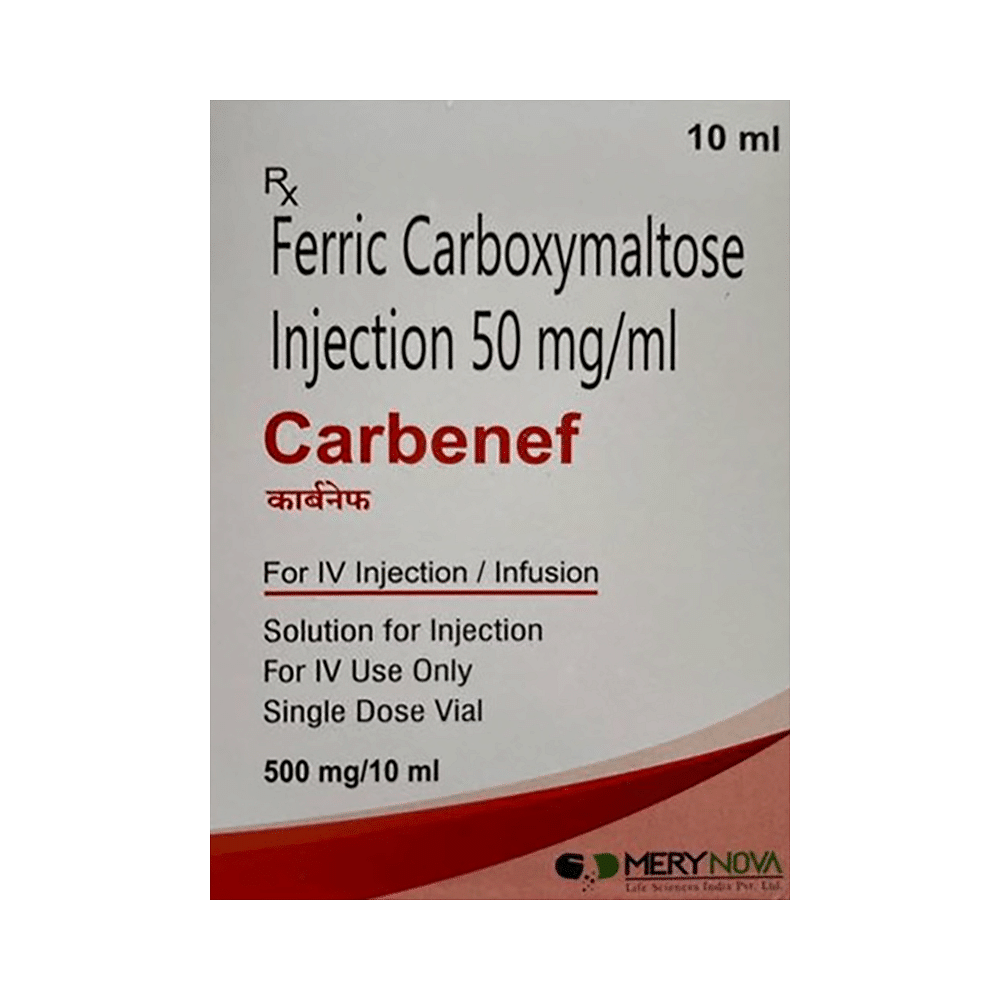
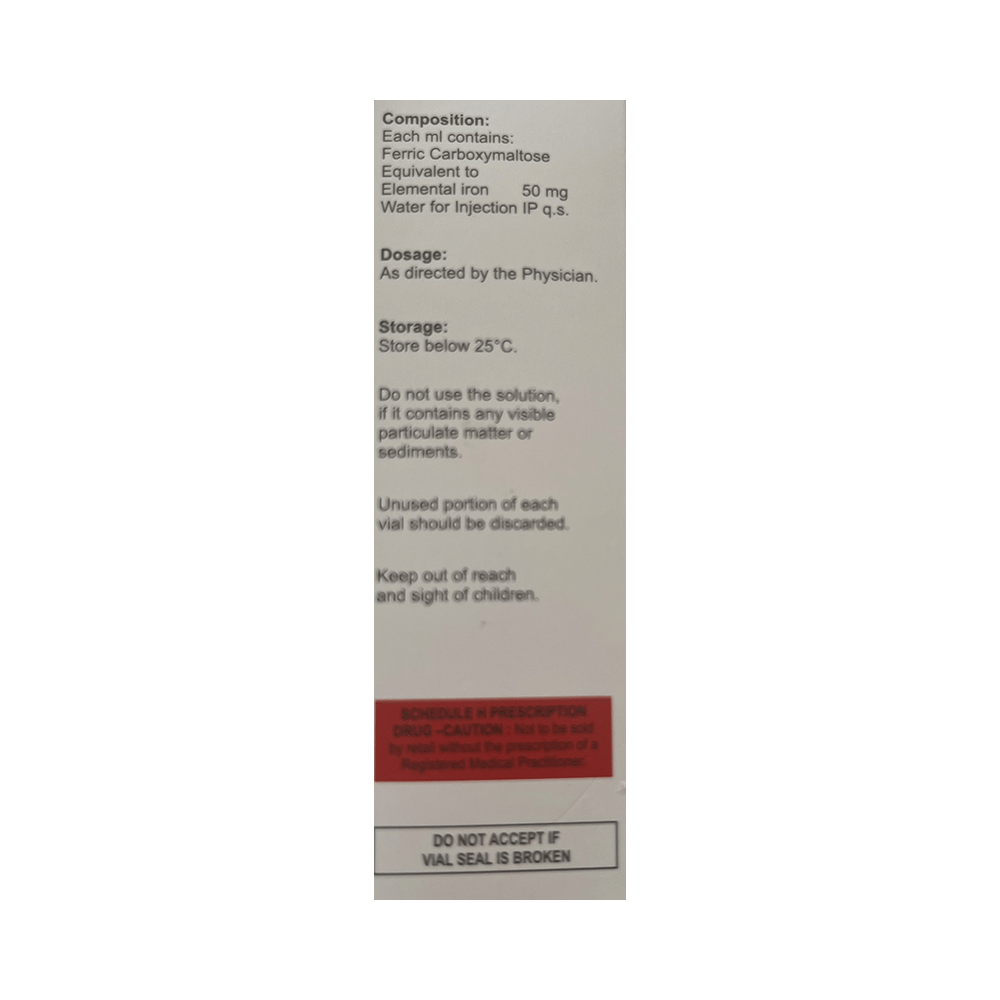
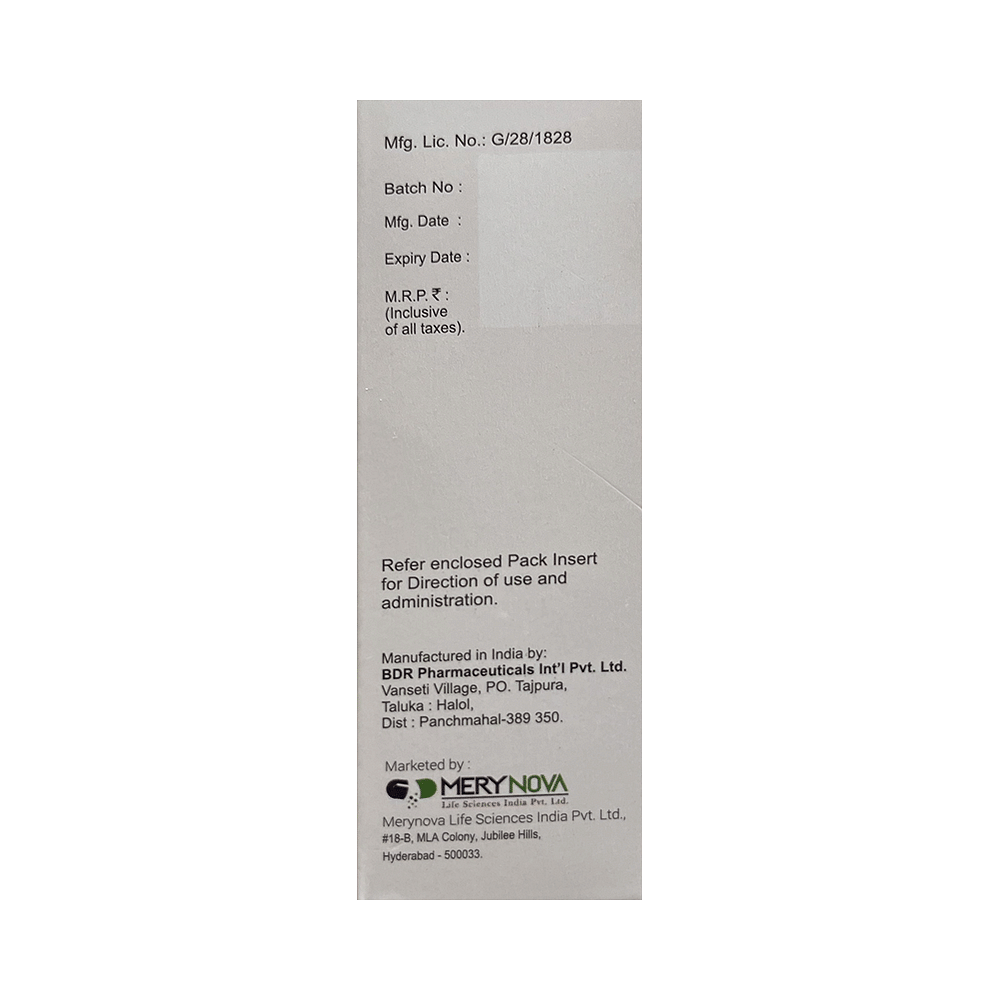
Carbenef Injection
Manufacturer
Merynova Lifesciences India Private Limited
Salt Composition
Ferric Carboxymaltose (50mg/ml)
Key Information
Short Description
Carbenef Injection is an iron replacement medicine used to treat iron-deficiency anemia, a type of anemia where you have fewer red blood cells due to insufficient iron in your body.
Dosage Form
Injection
Introduction
Carbenef Injection is given by injection or infusion into a vein by your doctor or nurse. It is usually given in two doses seven days apart. Your doctor will decide how much and how often you may need injections to improve your anemia. Eating a well-balanced diet that has enough iron, vitamins, and minerals can help to replenish your iron reserves. Good sources of iron include meat, eggs, raisins, broccoli, and lentils.
Directions for Use
Your doctor or nurse will give you this medicine. Kindly do not self-administer.
Safety Information
Side Effects
Vomiting Headache Dizziness High blood pressure Pain or irritation at the site of injection
Alcohol Warning
It is not known whether it is safe to consume alcohol with Carbenef Injection. Please consult your doctor.
Breastfeeding Warning
Carbenef Injection is safe to use during breastfeeding. Human studies suggest that the drug does not pass into the breastmilk in a significant amount and is not harmful to the baby.
Pregnancy Warning
Carbenef Injection may be unsafe to use during pregnancy. Although there are limited studies in humans, animal studies have shown harmful effects on the developing baby. Your doctor will weigh the benefits and any potential risks before prescribing it to you. Please consult your doctor.
How it works
Replenishes the iron stores in your body.Iron is vital for the formation of new red blood cells and hemoglobin.Hemoglobin gives red blood cells the ability to transport oxygen
Quick Tips
Carbenef Injection is used for the treatment of iron deficiency When oral iron preparations are ineffective or cannot be used Your doctor or nurse will administer it by injection Your blood pressure and blood iron levels will be regularly monitored during treatment Inform your doctor if you are taking any iron-containing products by mouth Do not consume alcohol when on treatment with this medicine It may cause your stools to become black or dark in color, which is normal and harmless
Related Medicines
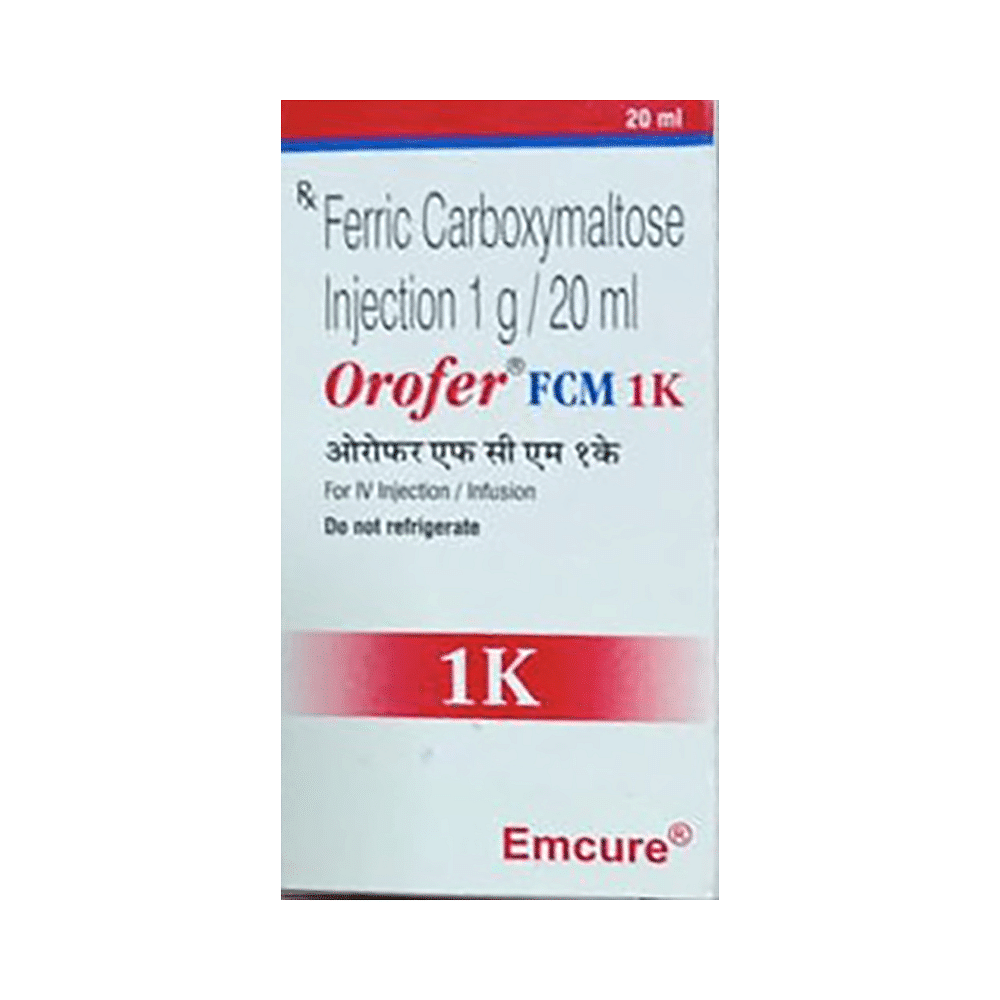
Orofer FCM 1K Injection

Encicarb 50mg Injection
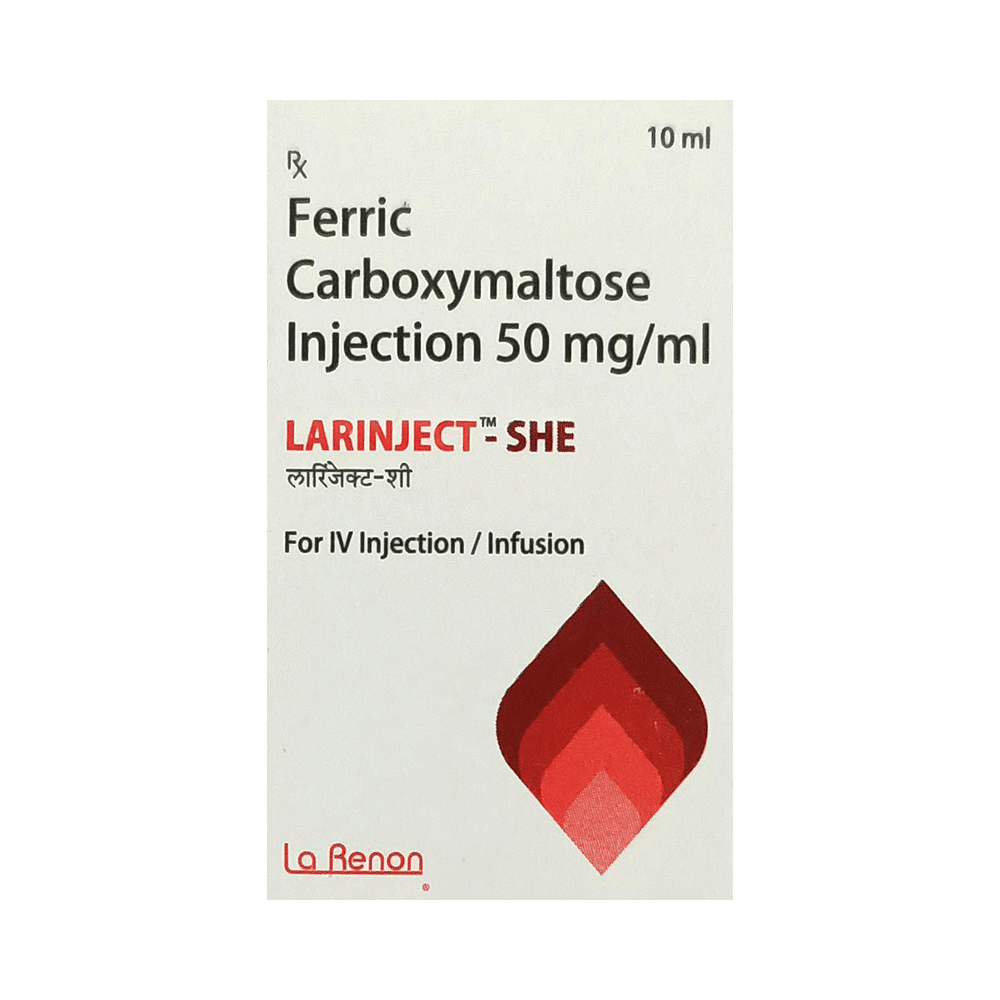
Larinject-She Injection
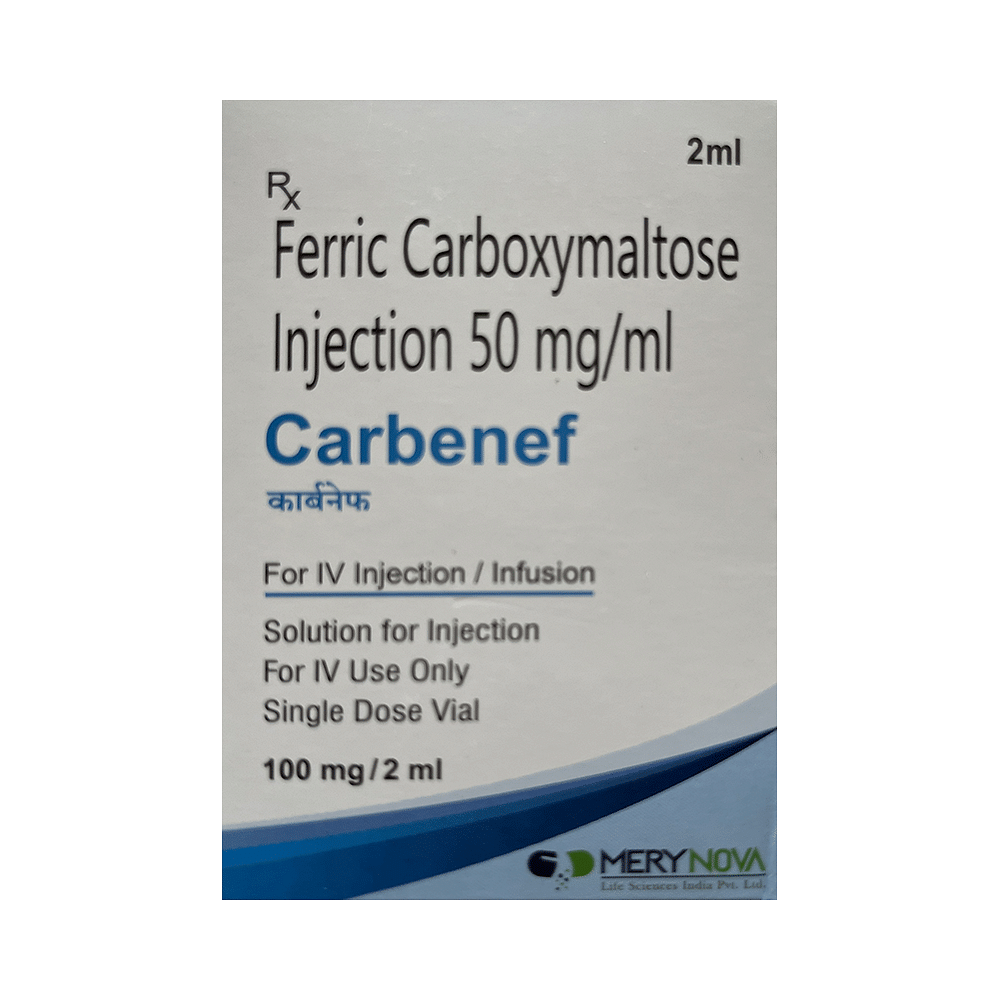
Carbenef Injection

Hfciem Injection

Fcmalt Injection

Effcm 50mg Injection
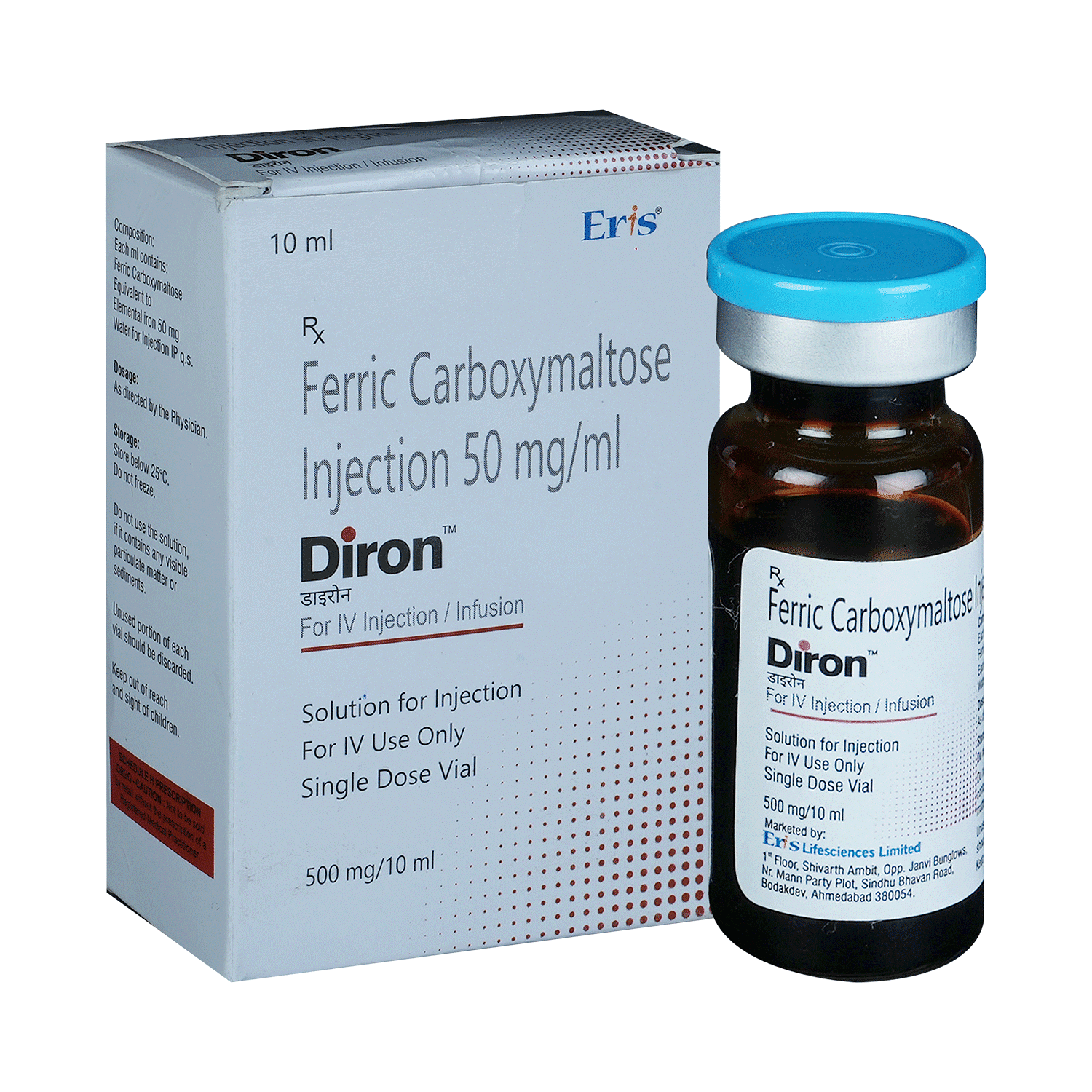
Diron Injection

Foxymalt Injection

Paldela 50mg Injection
Frequently asked questions
What precautions should be taken when administering Carbenef Injection?
Carbenef Injection should only be administered by trained personnel who can recognize and manage serious allergic reactions (anaphylactic reaction). The injection can be administered directly into a vein or through a dialyzer if the patient is undergoing dialysis. It can also be diluted with sodium chloride solution and given intravenously. Patients should be monitored for at least 30 minutes following each injection. The injection should never be administered subcutaneously (under the skin) or intramuscularly (into the muscle).
How should Carbenef Injection vials be stored before use?
Carbenef Injection vials should be stored at 20°C to 25°C (68°F to 77°F). These should not be frozen, and the temperature should not exceed 15°C to 30°C (59°F to 86°F) .
How often can Carbenef Injection be re-injected?
Usually, two doses of this medicine are given 7 days apart. Hemoglobin levels are assessed at least 4 weeks after the final injection to allow time for the red blood cells (RBCs) to form. If reports still show a deficiency of iron, it may be re-administered based on individual need.
Can Carbenef Injection cause an increase in blood pressure?
Yes, Carbenef Injection can temporarily raise blood pressure accompanied by facial flushing, dizziness, and nausea. This effect usually occurs immediately after taking the medicine and generally subsides within 30 minutes.
What should be done if Carbenef Injection leaks?
Incorrect administration of Carbenef Injection may lead to leakage at the administration site. If leakage happens, immediately stop the administration process. Leakage can cause skin irritation and long-lasting brown discoloration of the skin at the administration site.
Is Carbenef Injection safe during pregnancy?
There is limited data on the use of Carbenef Injection in pregnancy. It's important to inform your doctor if you are pregnant or planning to become pregnant. If you become pregnant while receiving treatment, consult your doctor for guidance about continuing or stopping your treatment.


